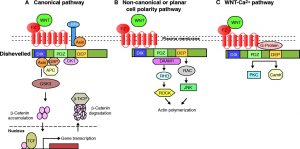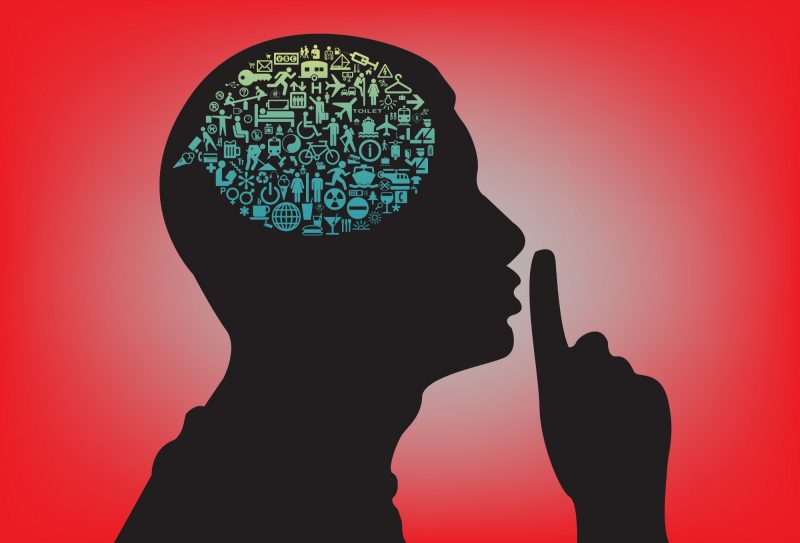People with Schizophrenia, just like many mental disorders, are portrayed by the general public as being deranged and having erratic behaviors. There is no effort to understand the underlying causes of these unwanted symptoms patients experience, symptoms such as:
- Hallucinations – observing things that don’t exist
- Delusions – beliefs not based in reality
- Impaired Thinking
- Abnormal behaviors of aggression
- Lack of emotion and social isolation
These symptoms can be quite debilitating to patients, but do vary in severity. Most people are diagnosed with Schizophrenia in their 20s, as it is difficult for professionals to separate common teen attitudes from certain symptoms. As a society, the propagation of this “crazy” stigma Schizophrenic patients have needs to be eradicated via the education of the general public.
Can I Develop Schizophrenia as I Age?
There are certain factors that put one at increased risk of developing Schizophrenia. Many of these environmental factors are out of your control, including when are where you are born, childhood trauma, and family history. However, one major factor you are in control of is the intake of mind-altering drugs, which can over double your odds of developing Schizophrenia.
The greatest influencers of developing schizophrenia are issues during pregnancy, infection, and family history. During a pregnancy, a state of mourning for a mother can increase a child’s odds for Schizophrenia by 6. If a pregnant mother develops an infection, it can also double the odds, as it could lead to neuroinflammation for a child. Another huge effector is if a mother has identical twins, which can increase the children’s schizophrenic odds by 45. Family history of mental diseases like Schizophrenia are also a major risk factor, potentially increasing an individual’s odds by a factor of 10.
What’s going wrong in the brain?

With all these problems Schizophrenics have and the symptoms they show, it’s important to evaluate the abnormalities going on in the brain. Namely, there are issues in the Wnt pathway in neuronal cells. In proper signaling, the ligand Wnt will bind to a receptor on the membrane, leading to the dissociation of the destruction complex. When active, the destruction complex will sequester β -catenin and prevent it from acting further. When not destroyed, β -catenin can continue down its pathway, so it can activate certain genes to be transcribed, which can be quite important for proper brain function.
In Schizophrenics, this pathway is comprised, with the enzyme GSK3β being the main problem. Activation of D2 (dopamine receptor) will inhibit the enzyme Akt, which will normally phosphorylate GSK3β (part of destruction complex), inhibiting it. Therefore, GSK3β will be active, destroying β-catenin, preventing gene transcription. Psychotic drugs, like methamphetamine, can also have this effect on Akt.
What can people with Schizophrenia do to get help?
While potential treatments are becoming more numerous in their options, there is no cure-all for Schizophrenia, only treating the symptoms. Commonly used drugs (antipsychotics) will often target dopamine receptors to inhibit them, activating Akt. One frequently used antipsychotic is the drug clozapine, and it acts just in this way. Additionally, lithium is frequently used in combination with other drugs to treat schizophrenia; lithium can directly inhibit GSK3β, but can also indirectly inhibit it via phosphorylation, leading to more β-catenin being present for activating gene transcription. Moreover, psychotherapy and support groups can be quite beneficial to help individuals living with Schizophrenia. For further help, patients can consult with specialists, such as psychiatrists or psychologists.
Sources:
http://2018neurochem.pbworks.com/w/page/129829617/Wnt%20and%20Schizophrenia
Image 1: https://medium.com/prosper-suite/tips-for-quieting-an-overactive-mind-770075ac8479
Image 2: http://dev.biologists.org/content/132/20/4421
